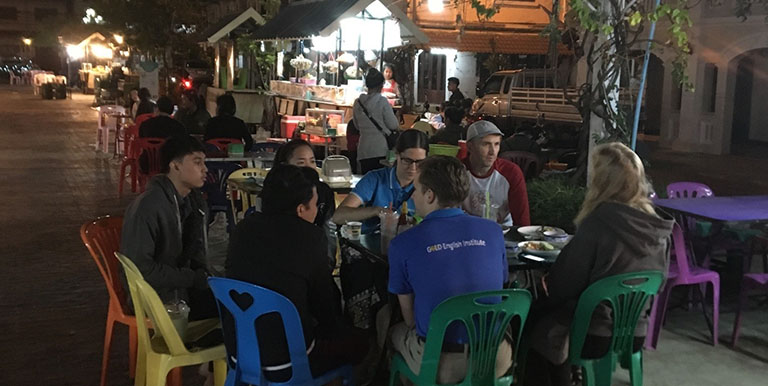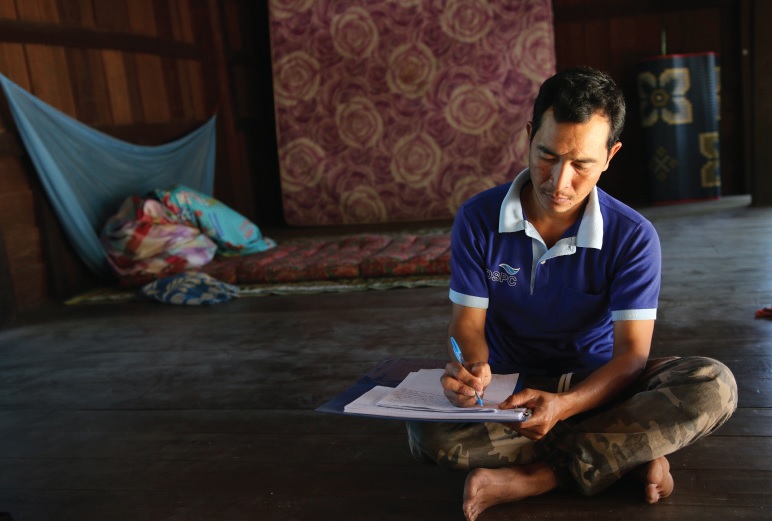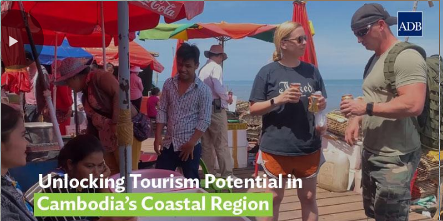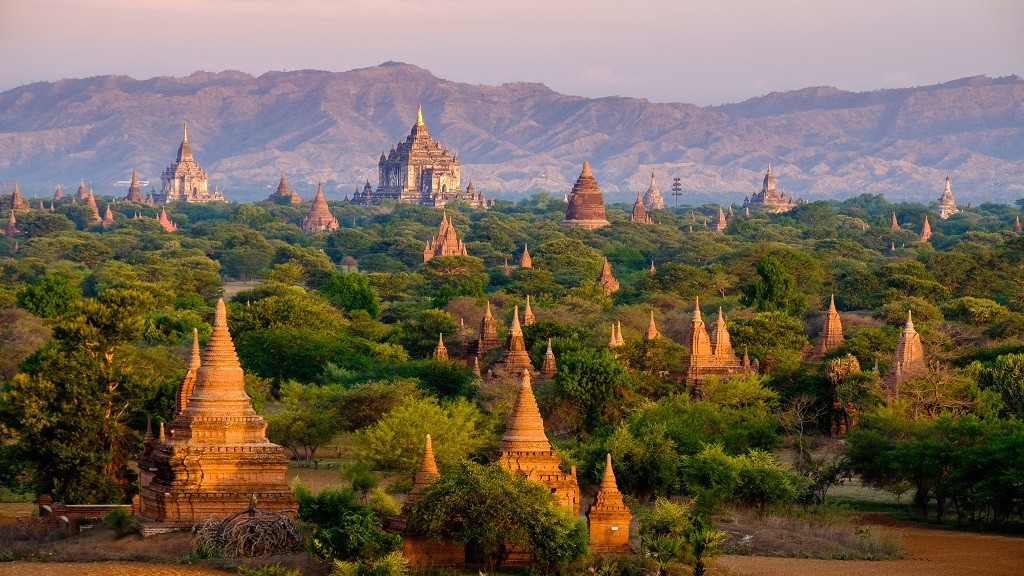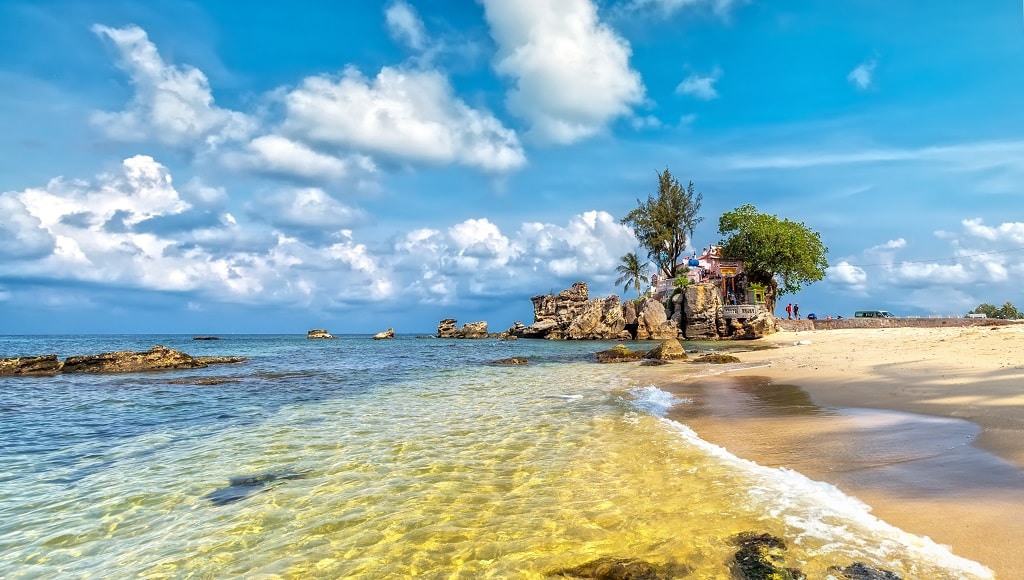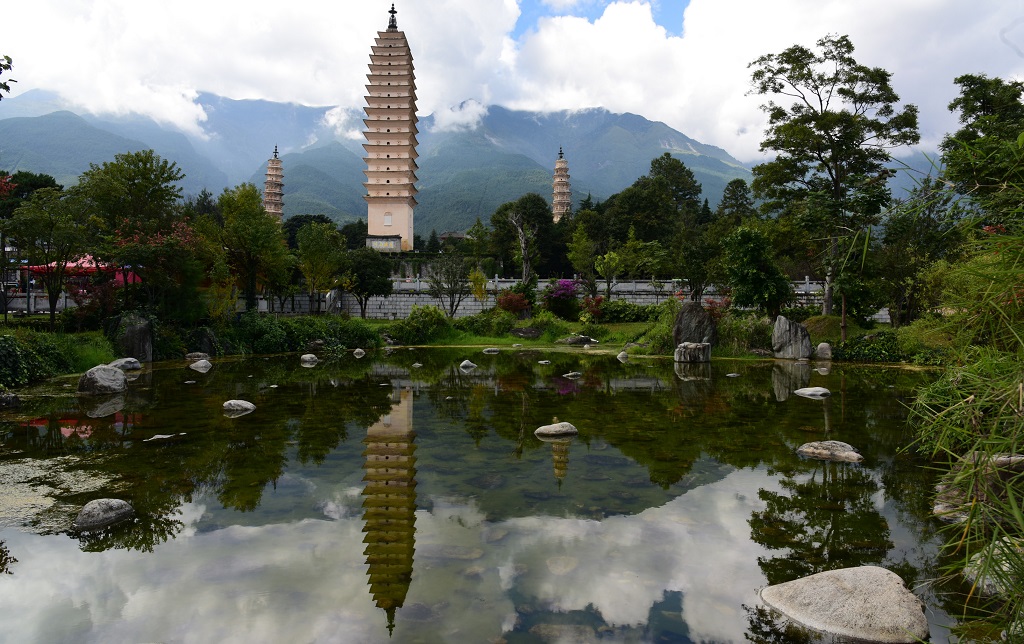Increasing Economic Activities through Night Markets
A pilot project has developed night markets in selected border towns in the Greater Mekong Subregion (GMS) to take advantage of the economic opportunities opened by infrastructure projects in the area.

